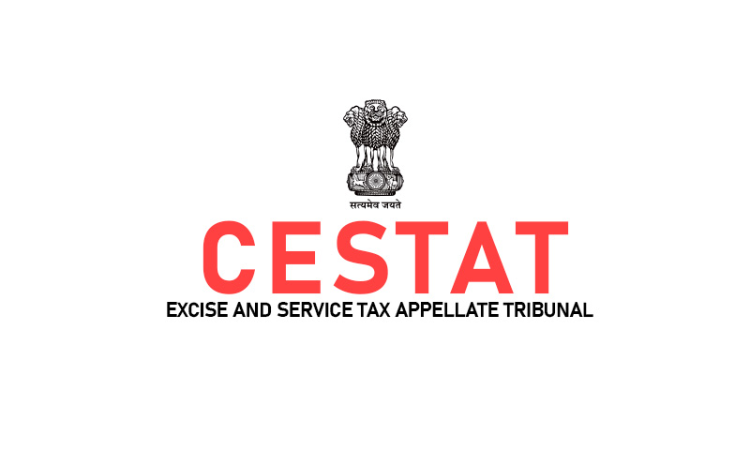The Delhi Bench of Customs, Excise and Service Tax Appellate Tribunal (CESTAT) has held that expenses related to advertising and marketing are expenses in respect of activities carried out in India for sale of the goods in India which is post-import and, therefore, expenses cannot be part of the value of the imported good.The bench of Justice Dilip Gupta (President) and P.V. Subba Rao...

